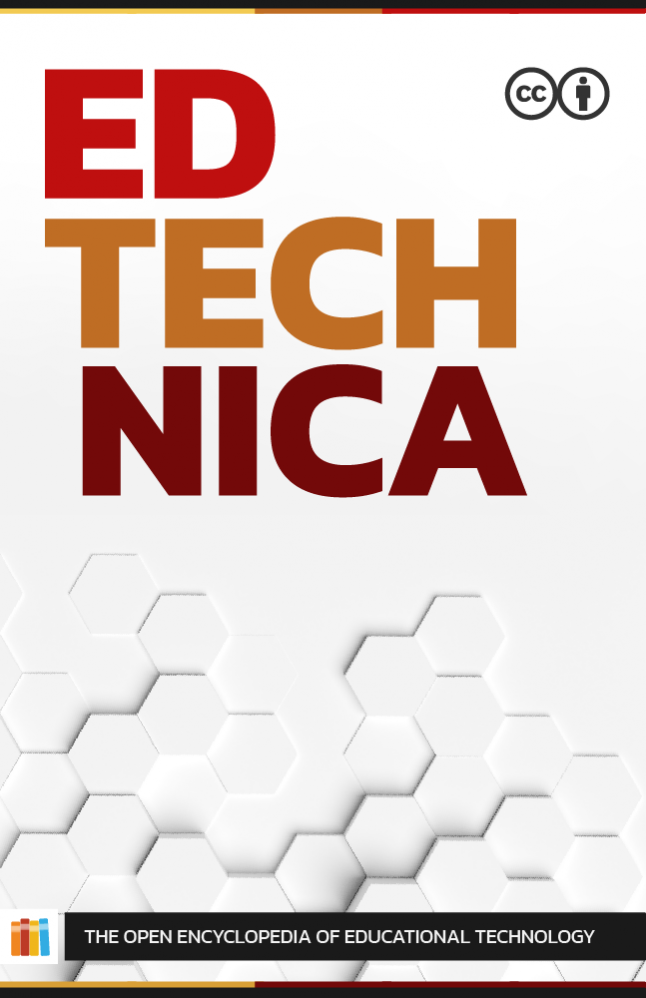

| Publication Information | |
|---|---|
| DOI | 10.59668/371 |
| Pages | 267 |
| License | CC BY |
| Year | 2022 |
| Language | English |


This encyclopedia is a living volume that provides an entry point for learning about the educational technology field and that evolves over time with additional contributions and resources. Representing the perspectives of educational technology researchers, instructors, designers, developers, and practitioners throughout the world, it includes short, focused articles on foundational topics ranging from learning and design concepts to emerging technologies to policies shaping the future of educational technology. Each article is peer-reviewed and intended to provide an expert and up-to-date understanding of the topic, while also providing a space for community contributors to share helpful resources related to the topic.

EdTech Books


CC BY: This work is released under a CC BY license, which means that you are free to do with it as you please as long as you properly attribute it.
The publisher EdTech Books does not have a physical location, but its primary support staff operate out of Provo, UT, USA.
The publisher EdTech Books makes no copyright claim to any information in this publication and makes no claim as to the veracity of content. All content remains exclusively the intellectual property of its authors. Inquiries regarding use of content should be directed to the authors themselves.
DOI: 10.59668/371
URL: https://edtechbooks.org/encyclopedia
(2022). EdTechnica: The Open Encyclopedia of Educational Technology. EdTech Books. https://dx.doi.org/10.59668/371University of Massachusetts Amherst